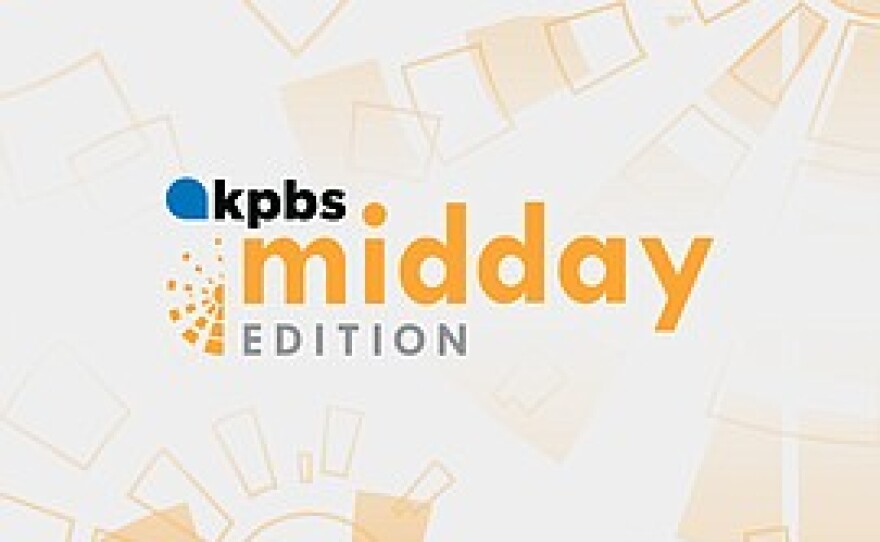How Racism Impacts Children's Health
Speaker 1: 00:00 Given the recent incidents of racism at some area high schools, we asked the question, how does this affect the mental and physical health of students who are targeted, those who witness it and those who are taught the racist behavior. Joining me is Dr Kelsey Bradshaw, a clinical child psychologist in the child adolescent unit at Sharp Mesa Vista Hospital. Dr. Bradshaw, thanks for joining us. Thank you for having me. Can you talk to me about some of the impacts racism has on a child or adolescent mental health Speaker 2: 00:30 [inaudible] well, there there's been several studies. Um, you know, this has been something that has been looked at in the field for, for quite some time. Um, and I think broadly speaking, we definitely see that children and adolescents and even adults who report having experienced some kind of racial discrimination, racism or even things like microaggressions, uh, do report, um, having higher likelihoods of, you know, depression, anxiety or just kind of, uh, poor wellbeing. Are there any physical impacts? Yeah, there's been studies that have looked at the physical impacts as well. And so things like birth weight, um, some studies have found, you know, instances of, uh, hypertension being higher and in some groups. And so, uh, certainly there, there's a multitude of, of various risks for health. Speaker 1: 01:17 And how does, how is that connected? How has racism connected to hypertension for example? Mean? Talk to me about it. Speaker 2: 01:23 Yeah, it's a little bit complicated in the sense that, you know, we would say there's, there's various factors, but, um, to try to simplify it, I guess, um, the way we might look at it is both in the terms of like social strata, um, and kind of where, uh, minorities might find themselves in their communities and the access they have, uh, as well as the stressors that might be imposed on them. So, um, if we think about, you know, more direct racism, you know, that's going to be a stressor for many individuals. But also there's been a lot of research that looks at, um, more subtle aspects of racism in terms of just people's biases or the messages, um, you know, that are kind of within our society. Um, it's this idea of, you know, microaggressions and, and some of the power differential between different ethnic groups. And so we would kind of assume that people from minority groups might be at a disadvantage in terms of supports or services and might be exposed to additional stressors. Uh, maybe perhaps based on that, uh, ethnic makeup. Speaker 1: 02:24 And you touched on it in your previous response here, but how should parents start the conversation with their children to proactively stop and prevent racism too? [inaudible] Speaker 2: 02:32 it's the responsibility of us all to be able to acknowledge that there are differences in individuals and really start to question and challenge the stereotypes that sometimes come about. So that way, um, just because people are exposed to certain things or negative, uh, ideologies that we can kind of be aware that, uh, those aren't always based in, uh, some form of reality that, uh, that just kind of as a carried on prejudice, being able to sit down and have that conversation, but also in inviting, you know, your child to be able to talk about their own experiences or the things that they notice. We know, for example, even that there can be kind of internalized racism, uh, from a young age just because of, uh, what, you know, our youth are exposed to and what is considered the majority versus the minority. Uh, so, you know, they, they kind of start to wonder and question about these things. So that's why we have to, I think, be proactive to kind of point these things out and, and discuss it. I've been speaking with Dr Kelsey Bradshaw's, a clinicals child psychologist and the child adolescent unit at Sharp Mesa Vista Hospital. Dr. Bradshaw, thanks so much for joining us. Thank you so much. Speaker 3: 03:43 [inaudible].


